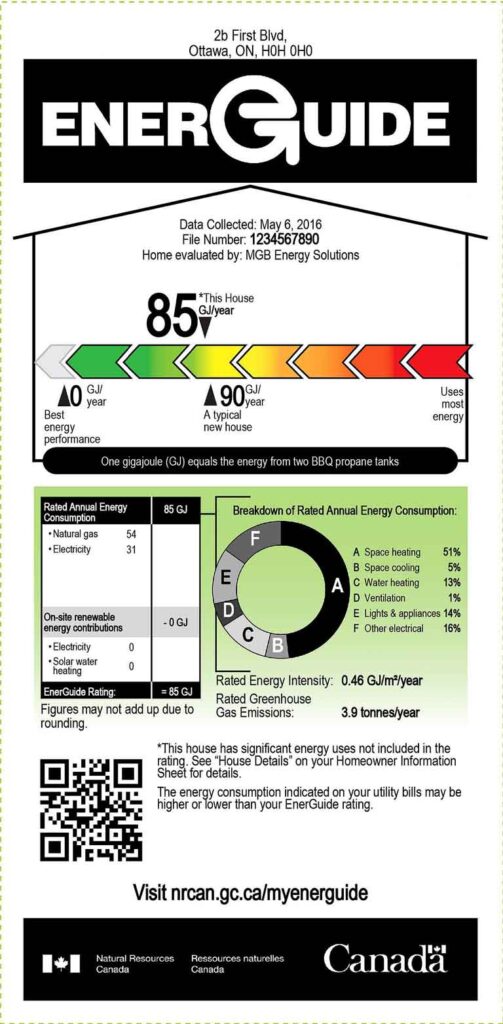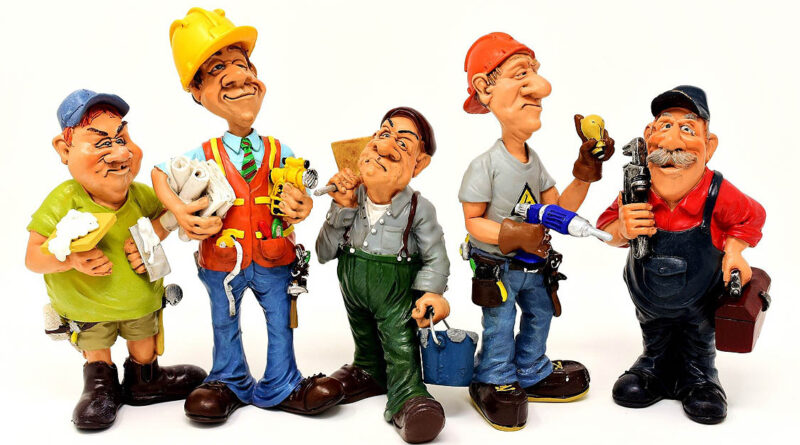An Overview of Retrofit Activity In Orillia
By Gord Ball – Special to SUNonline/Orillia
Sustainable Orillia’s current focus is reducing emissions at home – why and how we can make our homes more emission free. Although directed mostly at home-owners, there are some tips and actions that renters can take or raise with their landlords – so we encourage everyone to follow our current series and implement whatever steps you can to reduce the lost energy and carbon emissions coming from your current home.
Retrofits apply to existing, usually older buildings. Orillia has a relatively large stock of houses built before 2000 and we set out to discover what’s happening with respect to retrofitting activity and upgrading energy efficiency levels in these older buildings. It’s one of Orillia’s greatest opportunities to reduce our overall emissions.
Although this overview is mostly anecdotal, garnered from observation and conversations with a number of people directly involved in local retrofit activity, we’ve done our best to capture a general sense of what’s happening across this sector. In the New Year, we are looking forward to launching an evidence-based thermo-mapping project that will help identify and quantify the real opportunities for retrofits across our housing stock. More about that in 2022 – meanwhile let’s see what this first pass tells us.
What is a retrofit? Essentially, a retrofit is a project focused on increasing the energy efficiency of an existing building. It does this by focusing mainly on heat retention and recovery. A retrofit doesn’t necessarily entail eliminating fossil fuel as an energy source, rather it’s about gaining efficiencies and benefits from your energy source. Investments that take us away from fossil fuels such as air source heat pumps, solar and geothermal energy panels, although more sustainable long-term, aren’t usually considered part of a retrofit.

The goal is to increase energy efficiency and just as with automobiles over the past two decades it won’t be long before home buyers begin requesting energy efficiency ratings for their housing purchases. There are already several metrics or rating systems which can provide a relative rating of a building’s energy efficiency. Programs like R2000, LEED (Leadership in Energy and Environmental Design), HERS (Home Energy Rating System) and Energy Star Canada have been around for a while, as has NRCAN’s EnerGuide rating system. The EnerGuide program gives a rating based on gigajoules of energy used a year and compares that against a benchmark home. It also provides an analysis of where and how most of our household energy is consumed.
We spoke with Orillia’s chief building official, Kelly Smith, to understand how the City defines when a retrofit requires a permit, (not all do) and whether there has been an increase in permit requests over the past few years. Kelly confirmed that over the past two years, there has been a noticeable increase in permit applications for residential buildings. The City only issues permits for construction activity that involves structural changes, such as additions, interior building structure change and of course new builds. A great deal of retrofitting activity either falls below that requirement or may be embedded within it. Kelly said the recently strengthened building code requires many retrofit upgrades, which is good news for the overall health and long-term energy effectiveness of these buildings. She also said readers that it is always a good idea to make a quick call to the building department to confirm whether your project needs a building permit or not.
We also spoke with Wayne Rowbotham, president of Enertest Corporation. He has a team of registered energy advisors, located right here in Orillia. Enertest is a licensed organization which trains energy advisors and offers services to the general public. They conduct energy audits on all types of buildings. As Wayne describes it, his is still an invisible sector, but gradually becoming more visible and more in demand. He sees net zero thinking and activity on the rise and suggests that government rebate programs are motivating more and more activity in retrofit area. Wayne’s team members are experts on government and other/all incentive programs and can play a key role in providing advice on how to best retrofit your home whether you pursue an incentive program or not.
One of the biggest takeaways from speaking with Wayne, were his comments on the post-retrofit experience. He described clients coming out of it with a better home, easier to heat, quieter and more comfortable.
For a perspective on retail activity we called on our Sustainable Orillia colleague, Kirk McLean, a partner at Orillia’s Home Hardware store on West Street. We were interested in his observations on home renovation and retrofitting activity over the past 24 months. Kirk confirmed that the home renovation sector has been buoyant during the COVID time frame and even with rising prices (lumber prices come to mind) consumer spending has not dropped off as of yet. There’s been a heavy emphasis on windows and insulation, plus more people are looking at upgrading their mechanical systems in favour of more sustainable solutions. Kirk said despite the uptick in interest and investment, most customers are still guided by their wallets and the short-term return on their investment, which underscores the need to emphasize the longer-term economics of these investments. Kirk and his team of knowledgeable staff are also a good source of information on the various rebate programs available for retrofit projects.
Another example of renovation and retrofitting activity is the influx of people moving to Orillia from other regions. Gillian Stockdale, a realtor with Century 21 confirmed Orillia and the surrounding area have seen a rising number of people from the GTA moving north in the past two years. They are buying at prices, lower than where they were and are able and willing to invest in upgrades – especially for some of our older homes.
From these conversations we can surmise that there has been a noticeable uptick in renovation activity across Orillia these past two years. Thanks, either to a strengthened building code, the rebate programs, or an increase in consumer awareness and commitment to reducing household carbon emissions – or perhaps thanks to all of the above. Most of these projects feature energy efficient improvements. It was good to hear many others are also interested in learning what they can do to take advantage of the growing number of rebate programs to support their efforts to reduce the emissions from their house and make it more sustainable. At Sustainable Orillia we are encouraged by this trend and will do our best to keep retrofitting top-of-mind in our collective pursuit to reduce carbon emissions from our homes.
(Images Supplied)




